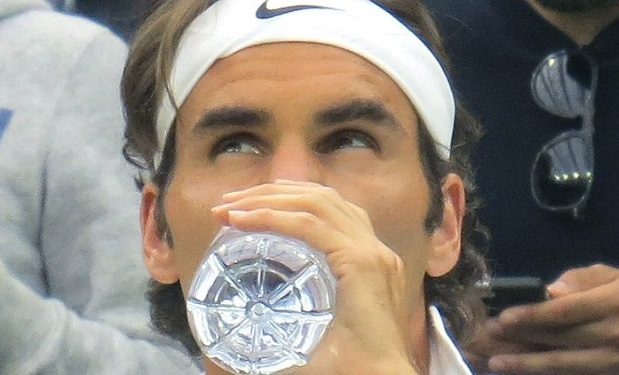Roger Federer is 35. That’s supposed to be ancient in tennis, traditionally one of the world’s most youth-dominated sports. Except suddenly it isn’t ancient at all. While Federer surged into the Australian Open finals trying to win his 18th Grand Slam Championship — and break a five-year Slam drought — the women’s side features the equally ancient Serena Williams vying for her 23rd Grand Slam. The kicker? Serena is playing her older sister Venus, 36, for the crown. If Venus and Roger emerge victorious, the combined ages of the Australian Open champions will be 71. Fitness regimens, equipment improvements, and wisdom seem to have spoiled youth’s advantages.
When Andre Agassi won the Australian Open in 2003, crowning his comeback and second act as the shaved-headed sage of the tennis world, he was an unlikely 32 (and almost 9 months). The once iconic blond locks and denim shorts were long behind him, and he retired a few years later. But Federer is presently nearly three years older than Agassi was in Australia in 2003. Federer is and has always been exceptional, but there now seems to be no telling how long players in this elongated era may last.
